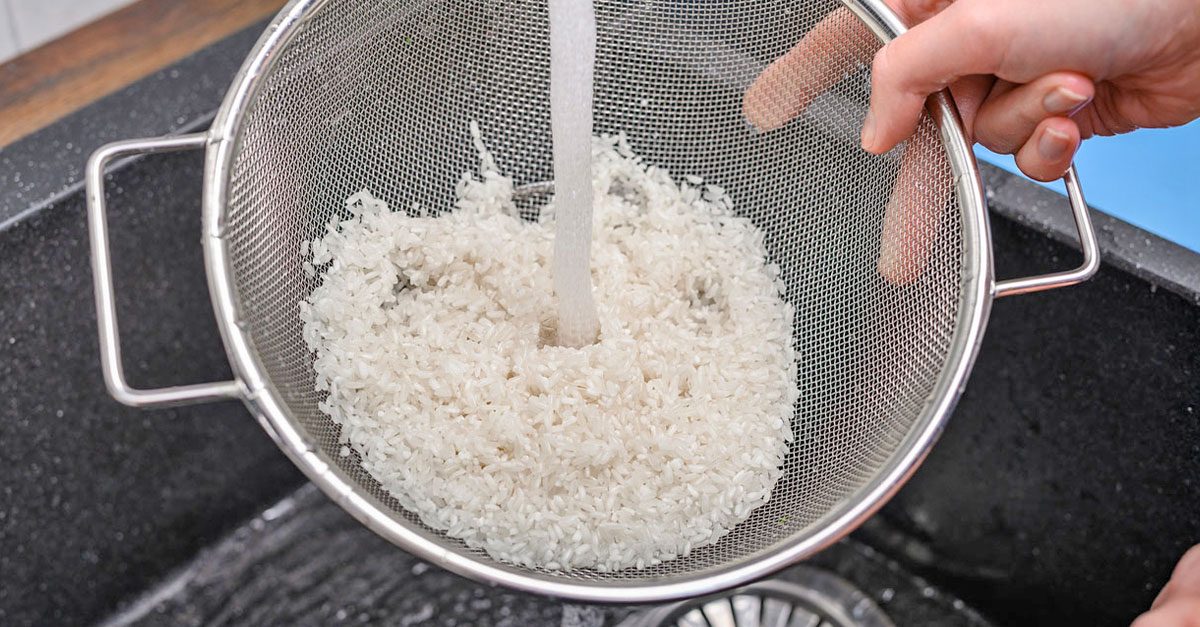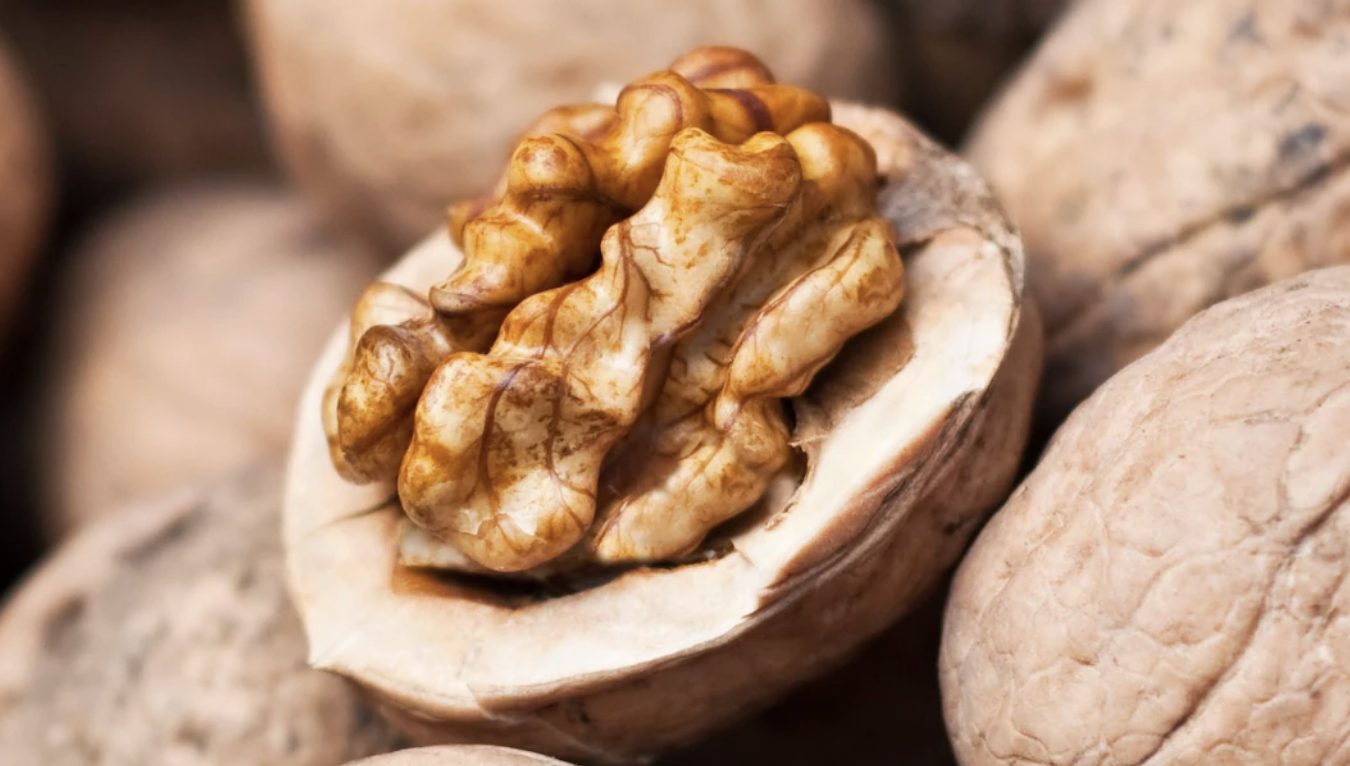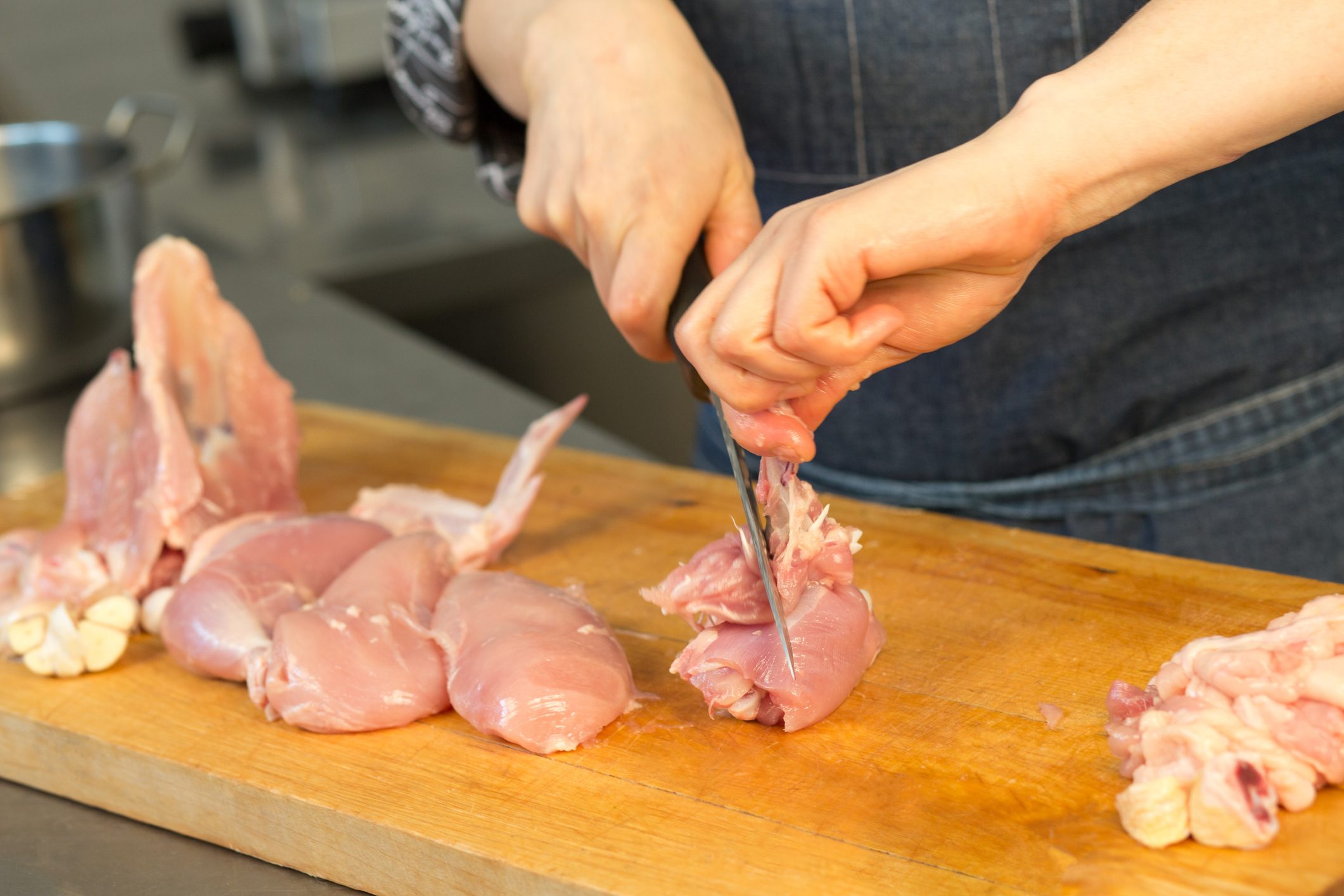12 Cooking Skills Every Young Adult Should Learn
It seems today that more and more young adults are growing up with no cooking skills beyond pressing the button on the microwave. That’s a shame, because everyone should have a set of basic cooking skills for when they leave home to make their own way in the world.
;)
It seems today that more and more young adults are growing up with no cooking skills beyond pressing the button on the microwave. That’s a shame, because everyone should have a set of basic cooking skills for when they leave home to make their own way in the world.
Mastering the things on this list will save you time, money and will be a lot healthier for you, because you get to control what and how much ingredients go in. Cooking can also be fun, (except the washing up!) and will give you a great sense of achievement when you sit down to enjoy what you’ve just made.
1. Basic Food Facts
This might sound a bit boring, but it’s really essential to know a few things about preparing and storing food.
Clean. Wash hands and surfaces often. Separate. Keep raw meat, poultry eggs and seafood and their juices away from ready-to-eat food. Cook. Make sure that raw meat, poultry, seafood and eggs are cooked at the right temperatures. Chill. Refrigerate your food promptly. Don’t leave food out at room temperature for more than 2 hours – 1 hour if the room temperature is above 90F (32.2C).
2. How to Make Pasta
Cooking pasta is easy – isn’t it? Boil a pan of salted water, chuck the pasta in and leave it for the time it says on the packet. You might come back to a stuck together clump of pasta, or you might leave it a bit too long and end up with soggy, slimy overcooked pasta if you do that.
Some people like their pasta with a bit of bite still to it, others prefer it soft. The only way to get it to your liking is to keep checking it and tasting a piece as it nears the end of the cooking time. Make sure that when you first put the pasta in the water that you stir it until it’s boiling away merrily and all the pieces are separated – that way it shouldn’t stick together in clumps.
If your pasta sauce needs thinning, add a little of the pasta cooking water to it, and you’ll get a lovely, smooth sauce.
3. How to Season
Proper seasoning is an essential part of making food that tastes good. Salt and black pepper are the building blocks of seasoning, so don’t forget them. Experiment with other herbs and seasonings as you get bolder. Taste often to make sure you’re not adding too much, especially with salt and pepper.
4. How to Roast Vegetables
Smart cooks know that roast veggies have more flavour than boiled or steamed ones. Prepare your veg by cleaning and peeling the skins if necessary, then cut into chunks or fingers. Preheat your oven for ten minutes so it’s quite hot, around 190C for a fan oven. Place your veg on a baking tray or roasting tin, season and coat with some olive oil. You don’t need much oil, but use your hands to mix the olive oil all round the veg until they have a coating.
Simply place your tray in the oven and keep an eye on the veg, turning occasionally. Root veg like potatoes and carrots cook in around 40 to 50 minutes, mushrooms and peppers take around 15 to 20 minutes.
5. How to Read a Recipe
This might sound like a no-brainer, but it’s important to read a recipe and make a note of how long the preparation and cooking times are. It’s no good starting to cook a recipe to feed your friends, then realizing that it’s actually going to take half an hour to prepare and 3 hours to cook, when your hungry friends are due to arrive in 20 minutes…
6. How to Boil an Egg
It sounds simple, but again learning to boil the perfect egg for your tastes is a skill. Do you like runny yolks or firmer ones? However you like them, start your eggs off at room temperature, so if you keep them in the fridge, get them out at least 40 minutes before you want to cook.
For a soft-boiled egg, place it gently in a pan of simmering water and boil for three to five minutes, depending on size. For hard-boiled eggs, start in a pan of cold water and bring up to the boil for seven to ten minutes.

7. How to Bake a Potato
The humble jacket potato makes a very substantial meal when teamed with other ingredients like beans or tuna fish. You can microwave a jacket spud in about fourteen minutes, or oven bake them in around an hour. To oven bake, prick with a fork, wrap in tinfoil if you like, or just put them directly in the oven, and bake them at around 200C for an hour up to one hour twenty minutes. If you want extra crispy skin, bake at 180C for two hours twenty minutes. To microwave, prick them all over with a fork, then place on a microwaveable plate. Don’t wrap them in tinfoil, though!
8. Learn Knife Skills
There is a skill to cutting and peeling vegetables, and it’s a great thing to learn. It makes you more efficient, waste less, and a bit safer with a sharp knife. The BBC Good Food website has a handy knife skills video to get you chopping and scoring with confidence.
9. How to Separate an Egg
Some recipes call for egg yolks to be separated from egg whites. If you don’t have an egg separator, the easiest way if to carefully crack the eggshell in the middle with the blunt side of a knife, holding the egg over a clean bowl. Open the shell into two halves, and then gently pass the yolk between the shells several times. The white will separate and drip down into a the bowl underneath, and you can place the yolk in a different dish.
10. How to Brown Meat
If you want your meat to stay juicy while cooking, and have a lovely seared, brown colour, you need to brown it off first to seal it. You quickly pan-fry it in hot oil until the outside is seared brown, and there are no red bits of meat remaining. Then you take it out of the pan and put it in your casserole dish or prepare it for whatever other method of cooking you are doing.
11. Learn to Make a Tomato Sauce
A fresh tomato based sauce is a brilliant starting point for lots of dishes, and you don’t need to go out and buy passata or jars of ready-made tomato pasta sauce again. Home made tomato sauce can be used on meat, fish or pasta. It should keep for a week in the fridge, or up to three months in the freezer. There are lots of simple tomato passata recipes on the internet.

12.Making One Pot or Pan Meals
Using a slow cooker is a great time saver. You can put the ingredients in on a morning, go to work or college all day, and come home to a great tasting meal in the evening. You can use cheaper cuts of meat with a slow cooker, and they will come out tender and full of flavour.
You can also find recipes for many one pot or baking dish meals that are quick to prepare and best of all, make for less washing up afterwards!
Making your own stock or broth is also a great base for creating home made one pot soups and stews, or for adding to dishes for extra flavour. You can make stock in advance and freeze it until you need it.
;Resize,width=767;)
;Resize,width=712;)
;Resize,width=712;)
;Resize,width=712;)
